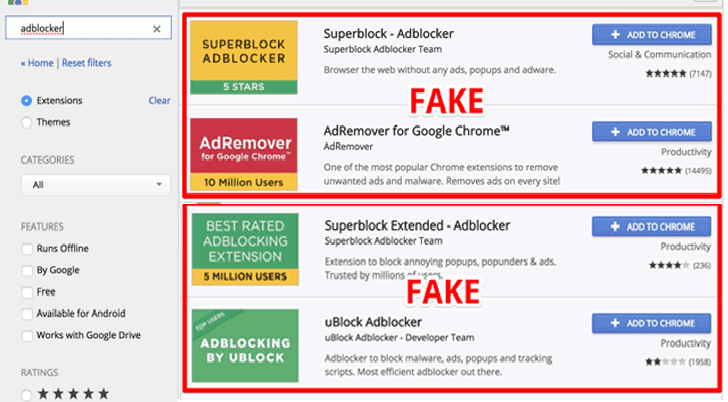The private intelligence agency LocalBlox has left unsecured online an AWS bucket containing 48 million records that were also harvested from Facebook, LinkedIn, and Twitter.
Oops … another data breach made the headlines and once again it was discovered by data leak hunters at Upguard. The private intelligence agency LocalBlox has left unsecured online an AWS bucket containing 48 million records that were collected in part from Facebook, LinkedIn, and Twitter.
“The UpGuard Cyber Risk Team can now confirm that a cloud storage repository containing information belonging to LocalBlox, a personal and business data search service, was left publicly accessible, exposing 48 million records of detailed personal information on tens of millions of individuals, gathered and scraped from multiple sources.” reads the blog post published by UpGuard.
The AWS S3 bucket was discovered by the popular expert Chris Vickery, director of cyber risk research at UpGuard, on February 18, it was exposed at the subdomain “lbdumps.”
The bucket contained a single 151.3 GB compressed file titled “final_people_data_2017_5_26_48m.json,” which, once decompressed, revealed a 1.2 TB ndjson (newline-delineated json) file.
The analysis of metadata in a header file allowed the researchers to attribute it to LocalBlox.
The records include names, physical addresses, dates of birth harvested from the social media. The first thought is for the recent Cambridge Analytica case.
“In the wake of the Facebook/Cambridge Analytica debacle, the importance of massive sets of psychographic data is becoming more and more apparent. The exposed LocalBlox dataset combines standard personal information like name and address, with data about the person’s internet usage, such as their LinkedIn histories and Twitter feeds.” continues the blog post.
The leaked data were collected from multiple sources and aggregated by IP addresses, for example, names, street addresses, dates of birth, job histories were harvested from LinkedIn, Facebook, Twitter, and Zillow real estate data.
Other sources are purchased databases and payday loan operators. This discovery demonstrates that many other entities scrape social media to gather user data for different purposes.
“Some are fairly unambiguous, pointing to aggregated content, purchased marketing databases, or even information caches sold by payday loan operators to businesses seeking marketing data. Other fields are more mysterious, such as a source field labeled “ex.”” continues the post.
“The presence of scraped data from social media sites like Facebook also highlights an important fact: all too often, data held by widely used websites can be targeted by unknown third parties seeking to monetize this information,”.
This case is double-shocking … the company not only harvests user data from social networks that are not able to detect its activity but is also failed security this data.
LocalBlox still hasn’t commented the data leak.
to read the original article;
https://securityaffairs.co/wordpress/71534/data-breach/localblox-data-leak.html

